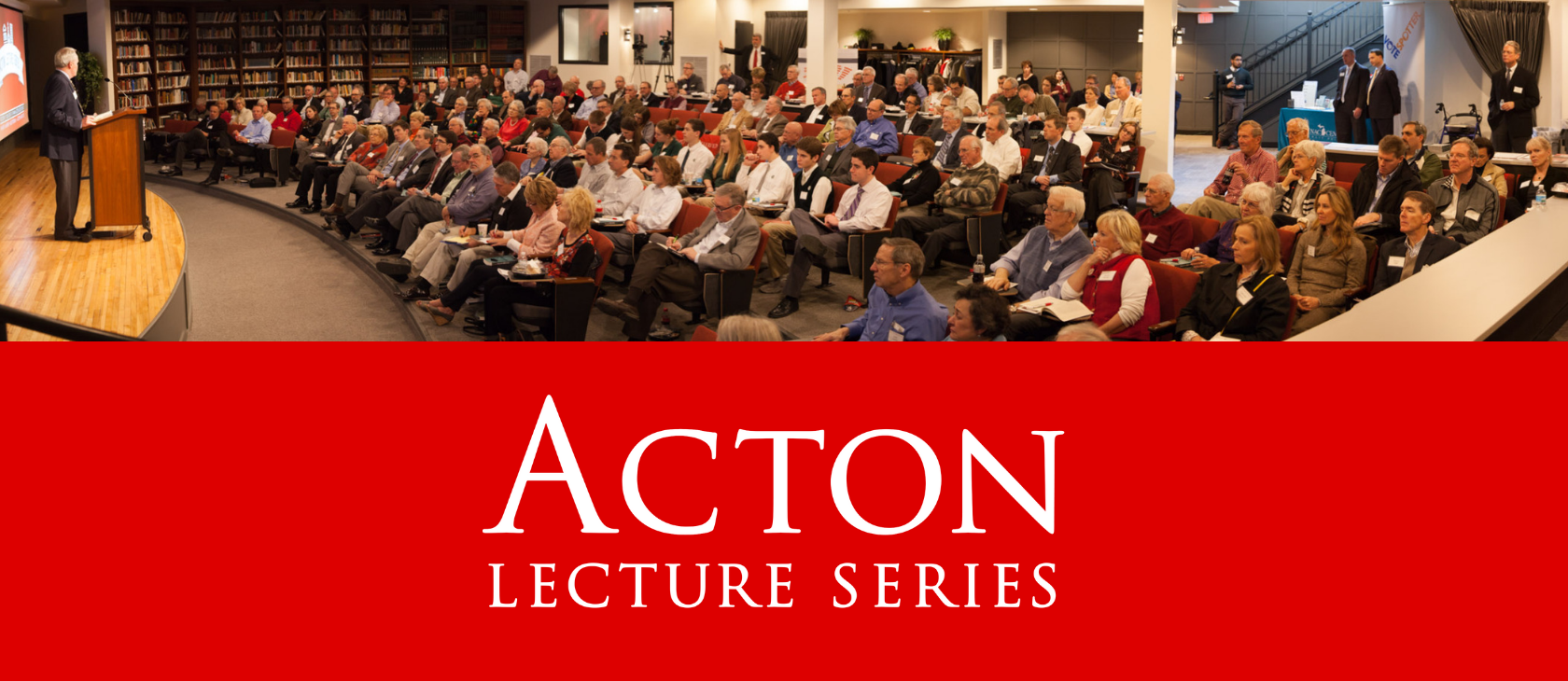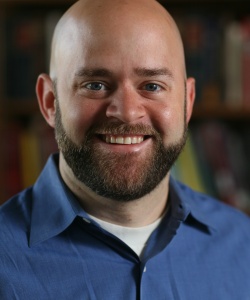The natural limits of the human body make us vulnerable and therefore dependent on others. Yet American law and policy disregard these stubborn facts, with statutes and judicial decisions that presume people to be autonomous, defined by their capacity to choose.
On Aug. 19, O. Carter Snead will discuss the core ideas of his book, “What It Means to Be Human.” Snead makes the case for a new paradigm, one that better represents the gifts and challenges of being human. Inspired by the insights of Alasdair MacIntyre and Charles Taylor, Snead proposes a vision of human identity and flourishing that supports those who are profoundly vulnerable and dependent—children, the disabled, and the elderly.
This lecture is livestream only. A free livestream of this lecture will be available to view at noon Eastern on Aug. 19.







